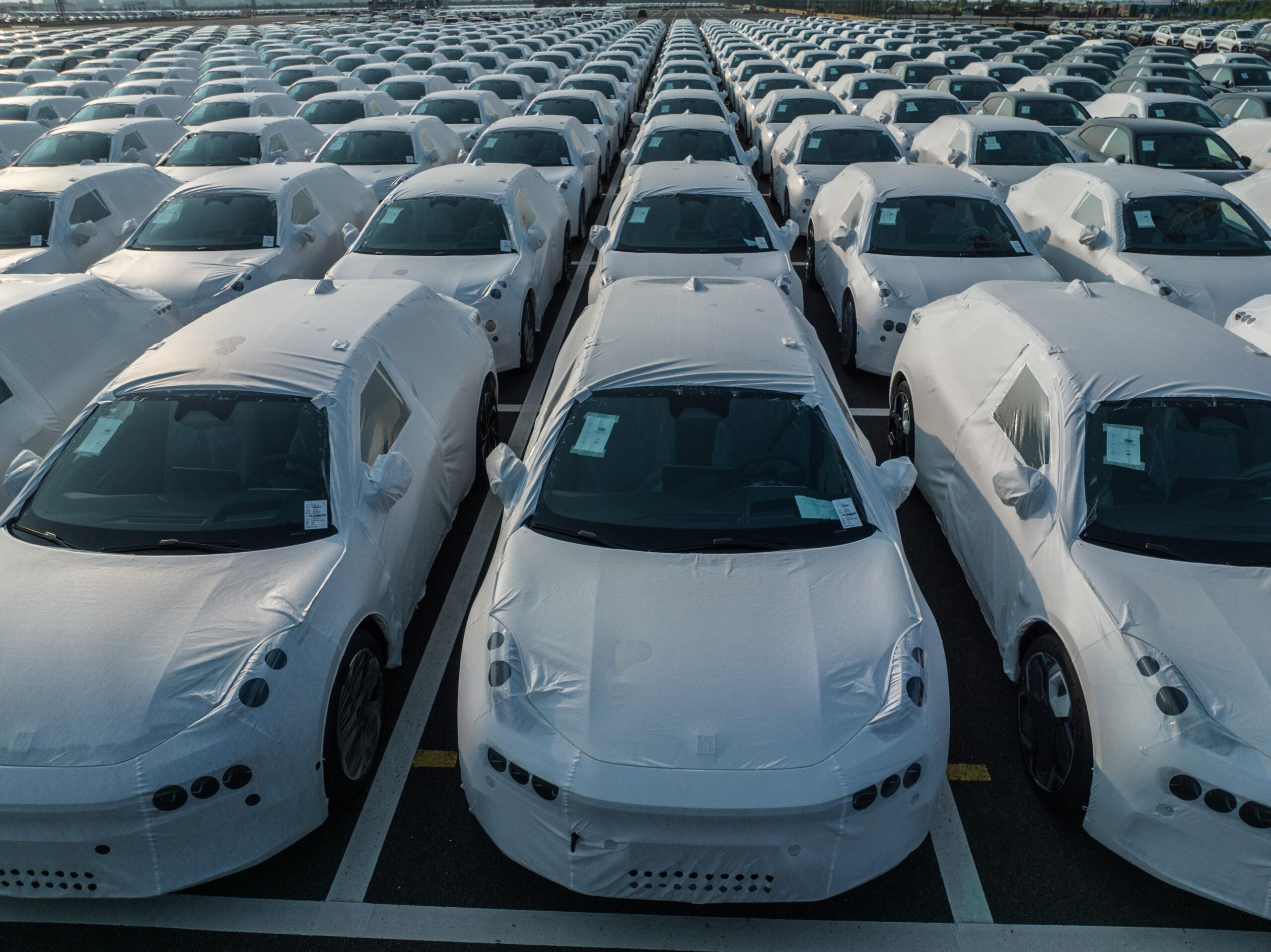The mobility sector in emerging markets in South and Southeast Asia is growing so rapidly that it could absorb up to $1.3 trillion in green capital by 2030, mirroring China’s phenomenal growth in electric vehicles (EVs), according to a report.
The report Powering an affordable EV revolution in emerging Asia, released on Friday (ahead of Climate Week New York) by investors LeapFrog Investments and Temasek together with electric mobility companies Mahindra Last Mile Mobility Limited and Battery Smart, showed affordable entry points for electric mobility in low-income markets in emerging Asia.
An analysis of the lifetime cost of owning an electric vehicle compared to fossil fuel-powered vehicles highlighted how electric scooters and electric three-wheelers have reached tipping points in pricing across the region, increasing demand for green mobility even among first-time vehicle buyers.
The Mahindra Last Mile Mobility Limited and Battery Smart case studies also found that EV manufacturing and infrastructure is increasing across the region.
According to the report, projected demand for green capital for mobility in emerging Asia (USD 1.3 trillion) exceeds the demand for capital for the energy (USD 400 billion) and food (USD 350 billion) sectors combined.
Mobility emissions account for 10 percent of total GHG (greenhouse gas) emissions in Asia, but 25 percent of Europe’s emissions and 30 percent of the United States’, making rapid electrification critical as incomes rise in emerging Asia, he said.
In India, the report said, electric scooters and three-wheelers are currently between $40 and $112 cheaper per year than gasoline-powered alternatives.
Mahindra estimated that around 70 per cent of electric three-wheeler customers were first-time buyers and came from low-income backgrounds.
An increasingly efficient network of battery swapping stations, supported by interoperable battery systems between vehicle manufacturers, has dramatically improved the refueling infrastructure for electric vehicles.
According to Battery Smart, it takes less than 2 minutes to change a battery at one of its 1,100 swapping stations across India.
In India, electric vehicles currently account for about 20 percent of the three-wheeler last-mile transport fleets (passenger and cargo).
Mahindra estimated that commercial EV drivers generate 20 per cent more revenue compared to those using CNG/diesel vehicles due to lower operating costs of electric three-wheelers.
The report also notes that, particularly for women, access to mobility has a multiplier impact on equal opportunities.
Women in India, Bangladesh and Vietnam are increasingly taking responsibility for their safety by driving independently to their workplaces while reducing fuel costs through electric scooter ownership.
At the same time, innovators and investors are addressing key constraints to adoption, such as upfront costs, range anxiety and infrastructure issues.
Steve Howard, Temasek’s vice president of sustainability, said technological improvements and business innovation in the emerging Asian EV sector, “when combined with enabling policies and substantial investment, hold tremendous promise in terms of transformative impact at pace and scale.”
“As we continue to drive electrification, we also remain committed to improving the lives of our customers, many of them micro-entrepreneurs, and supporting India’s journey towards reducing carbon emissions by providing sustainable and cost-effective solutions,” said Suman Mishra, MD & CEO, Mahindra Last Mile Mobility Limited.
Pulkit Khurana, Co-Founder and CEO of Battery Smart, said: “In South and Southeast Asia, we are witnessing phenomenal growth in the electric vehicle sector… the finding that 20 per cent of all last-mile delivery fleets in India are now electric is a clear sign of wider adoption.
“We have identified a $1.3 trillion opportunity for private markets and the impact investment community to transform our global transportation future,” said Souleymane Ba, Partner and Co-Head of Climate Investment Strategy at LeapFrog Investments.
First published: September 20, 2024 | 1:13 PM IS
Disclaimer:
The information contained in this post is for general information purposes only. We make no representations or warranties of any kind, express or implied, about the completeness, accuracy, reliability, suitability or availability with respect to the website or the information, products, services, or related graphics contained on the post for any purpose.
We respect the intellectual property rights of content creators. If you are the owner of any material featured on our website and have concerns about its use, please contact us. We are committed to addressing any copyright issues promptly and will remove any material within 2 days of receiving a request from the rightful owner.

